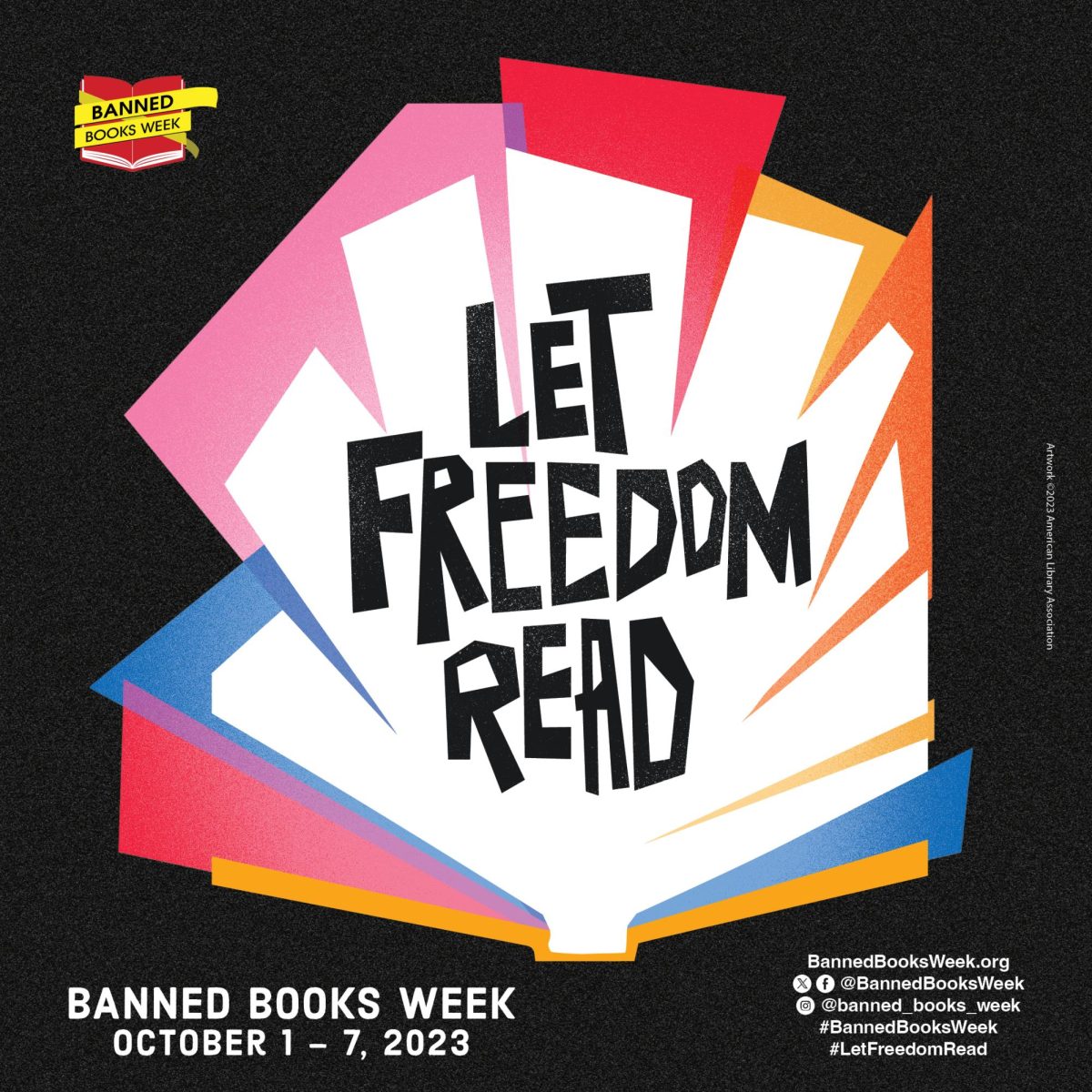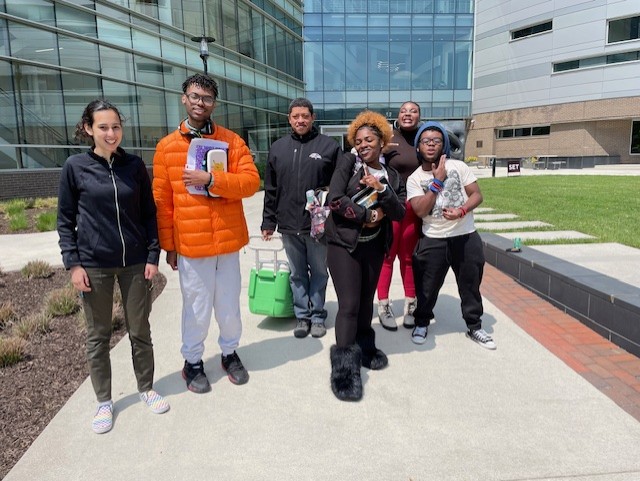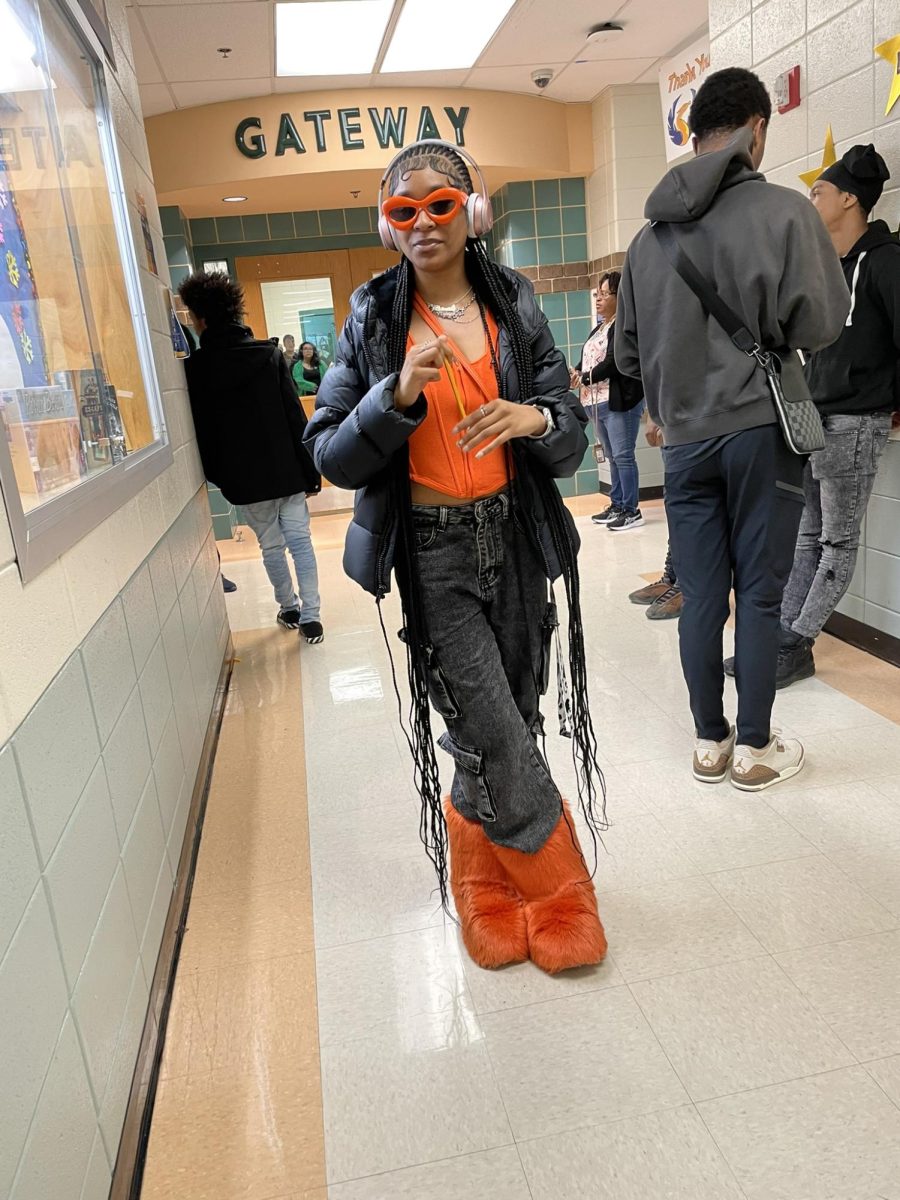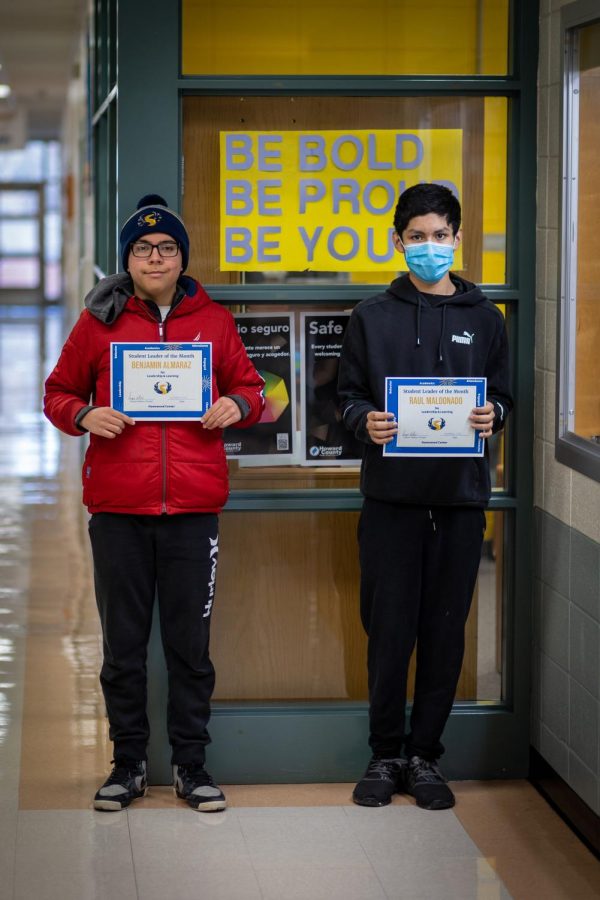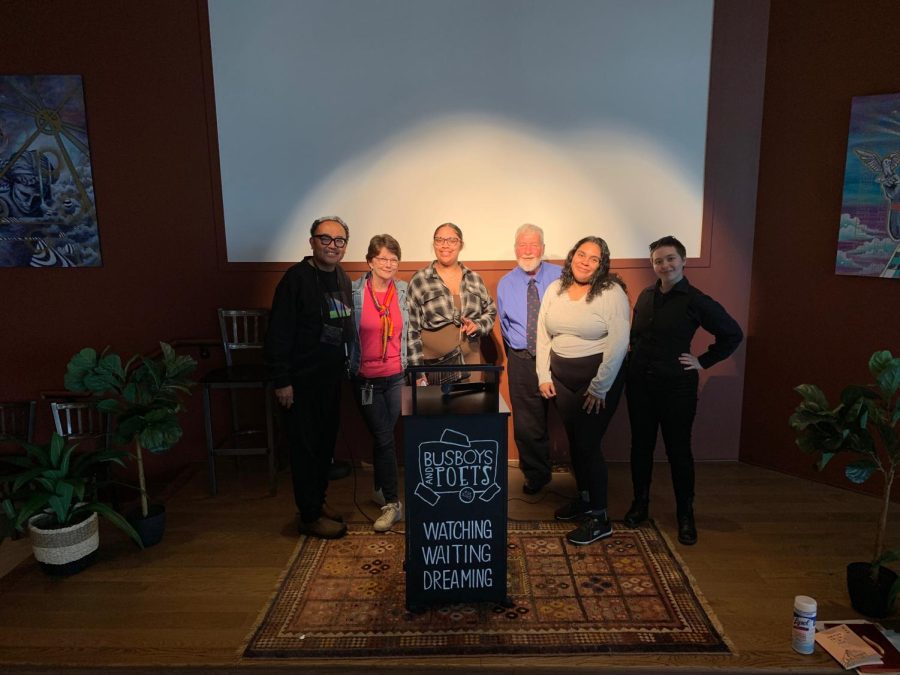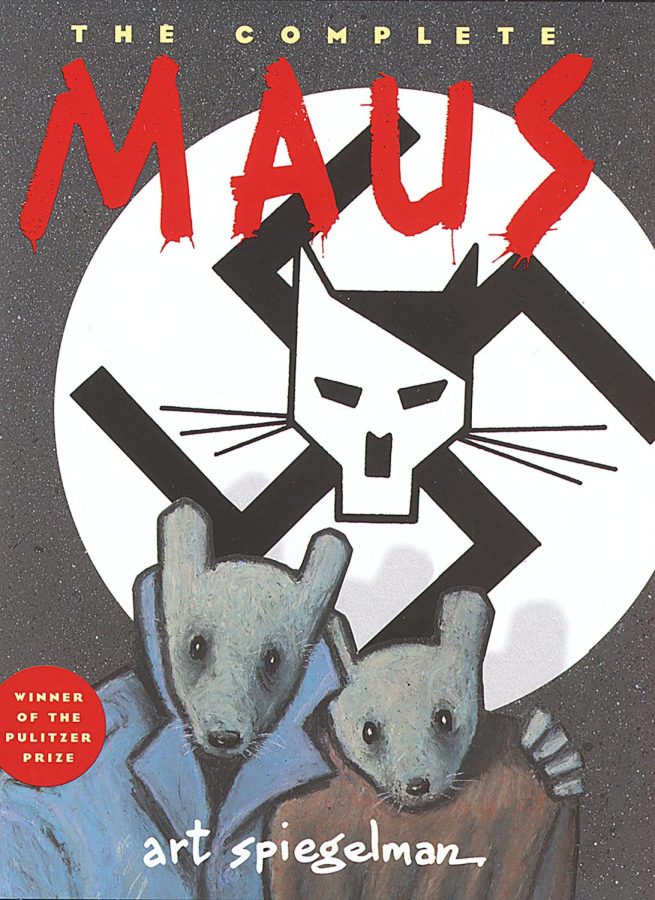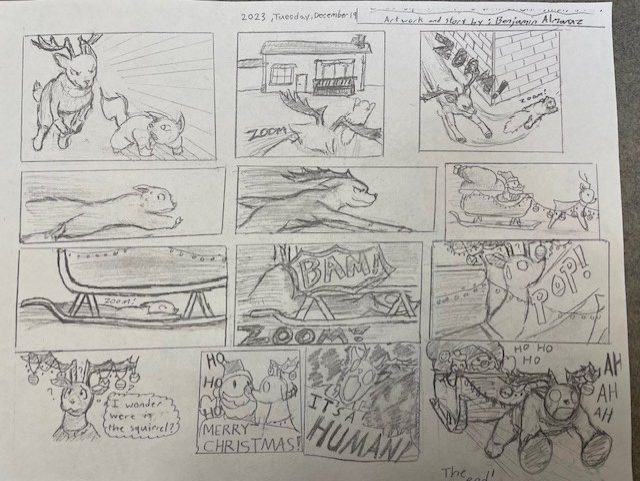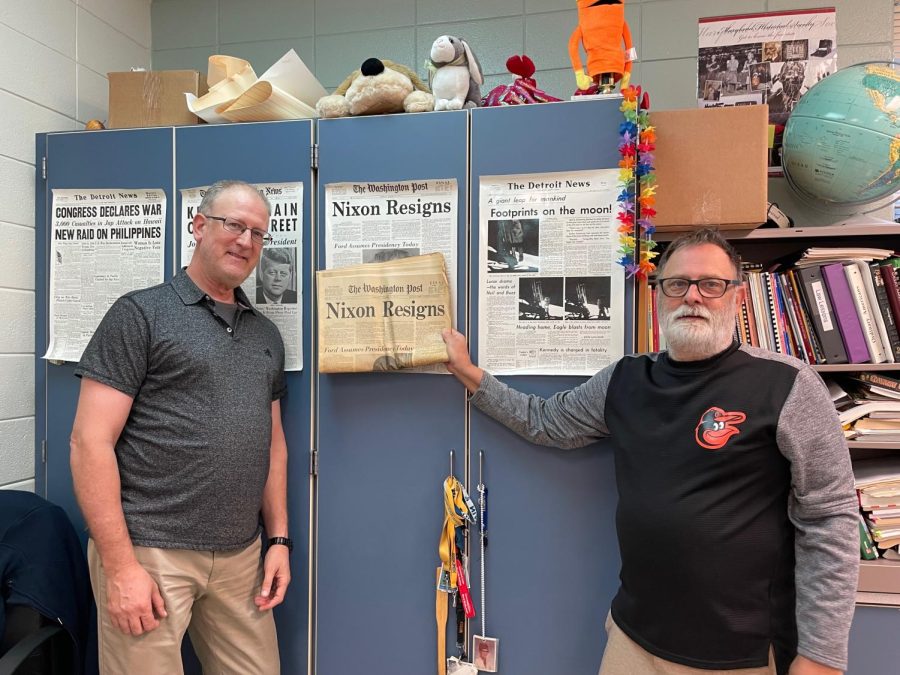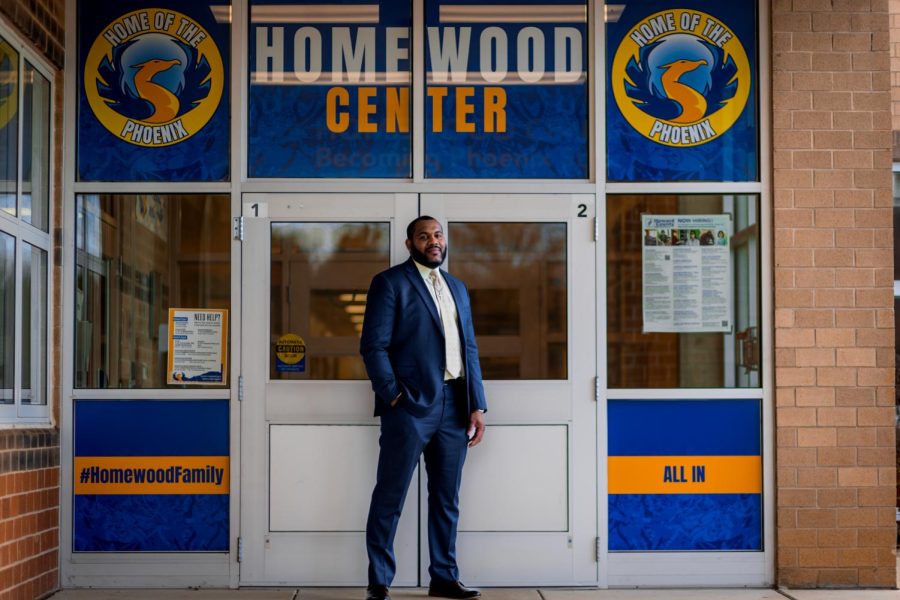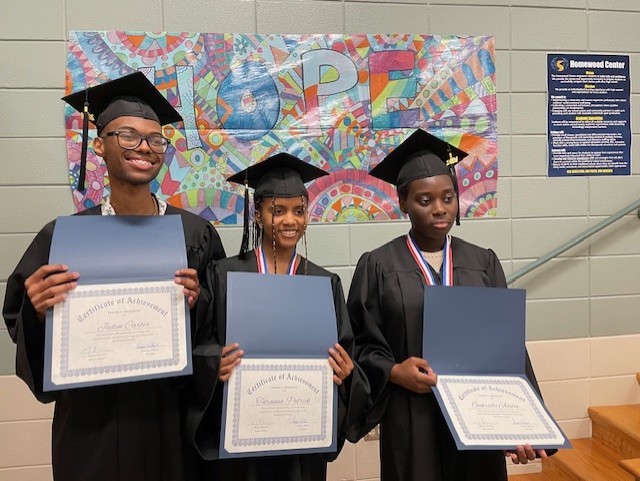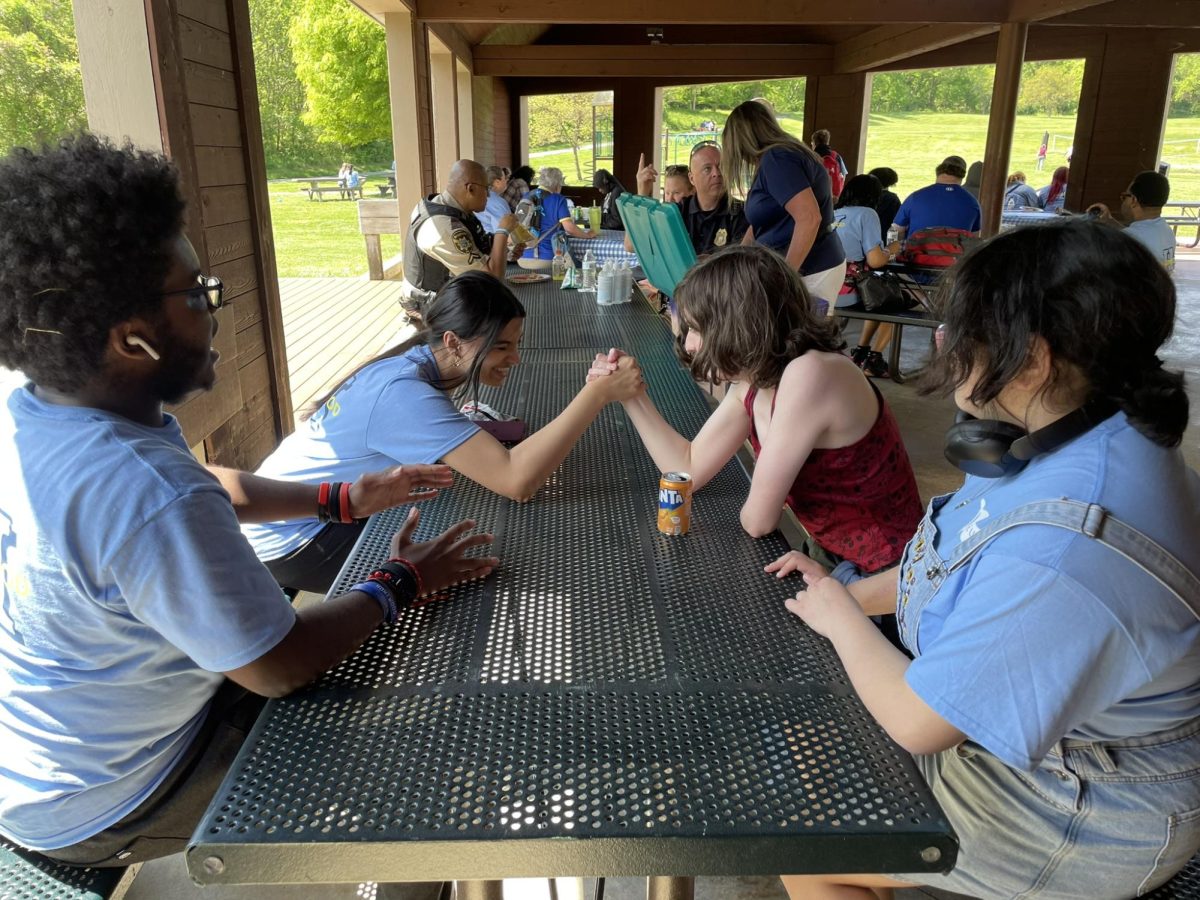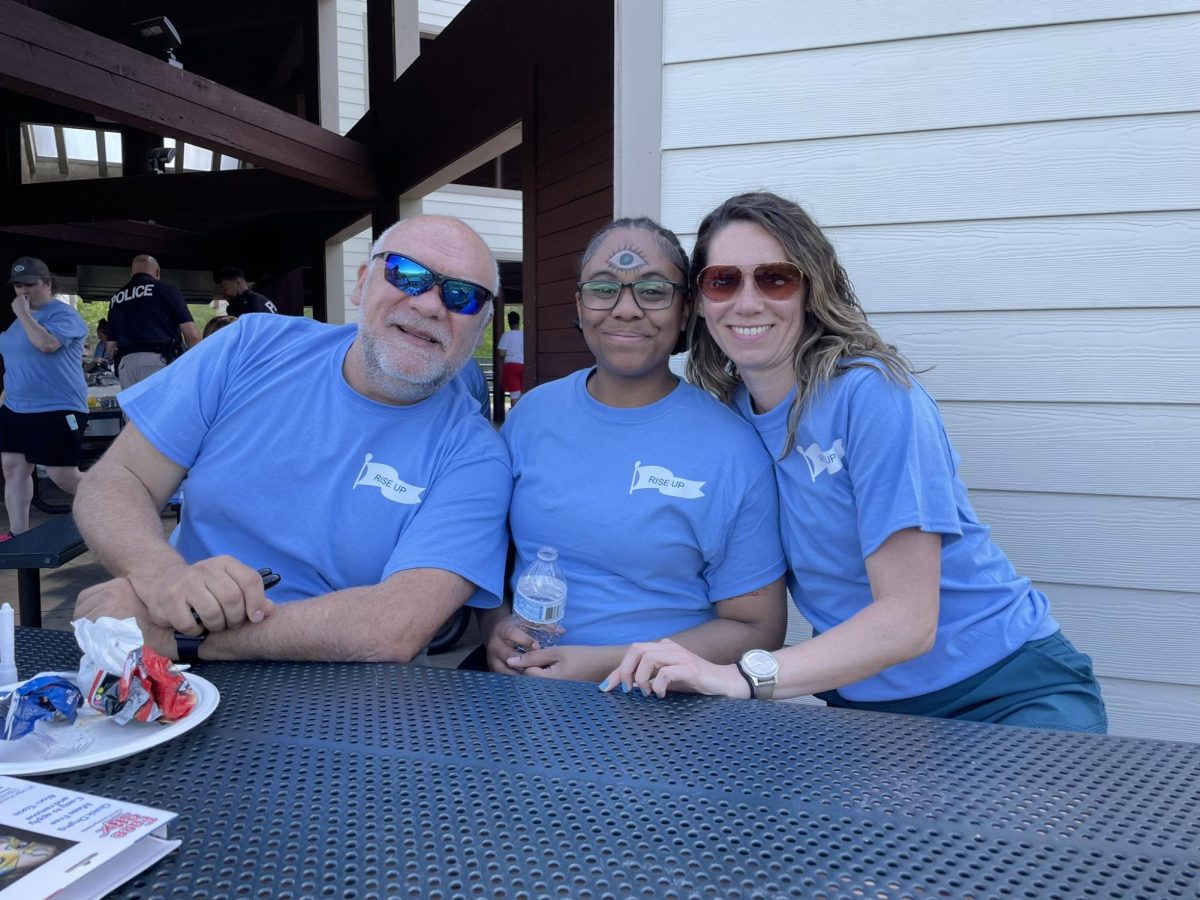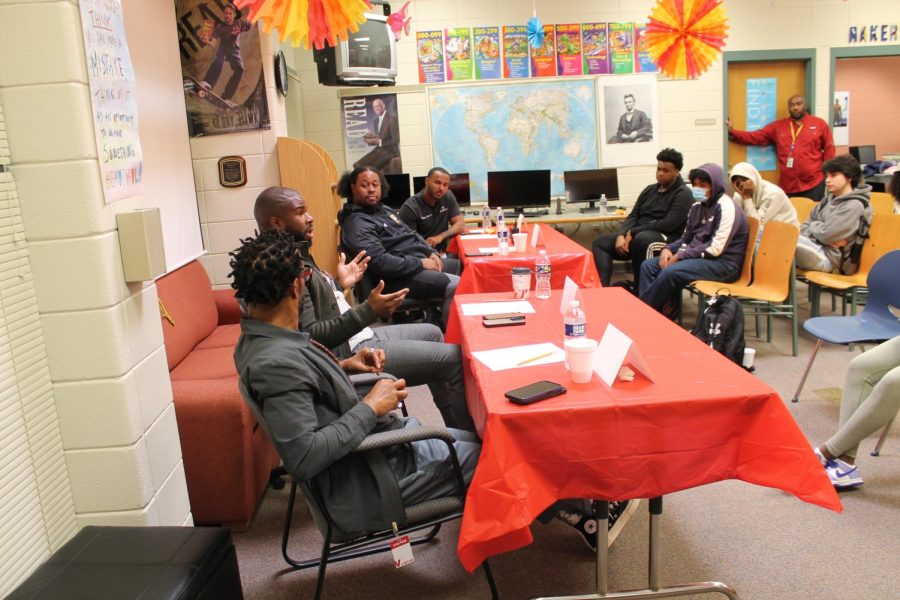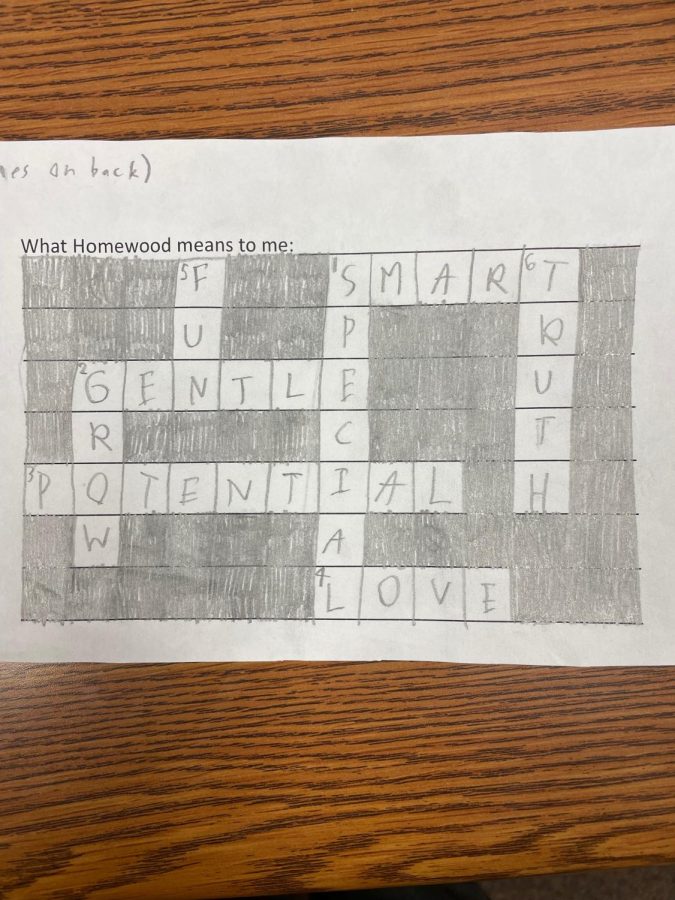In the library world, there are two terms that are becoming more and more popular: challenging, and banning. Challenging books refers to when a book is brought under scrutiny because of objections to it; it is an attempt at removal. Banning a book refers to when a book is actually removed from a school or library.
In consideration of Banned Books Week and because of the recent book bannings in Carroll County, I thought that it was important to bring this topic to the attention of the Homewood community. As an avid reader and someone who has read most of the top banned books, I am staunchly against the banning of books. I see that the most frequently banned books are ones that need to be read; they represent diverse and often underrepresented and oppressed individuals.
In order to get a more complete understanding of such a close to home topic, I spoke with Ms. Daggett, who is the Coordinator for Library Media at HCPSS. As part of her job, Ms. Daggett reviews the book requests from all of the media specialists in the county, meaning she has an inside perspective into what books we do and do not get in our schools.
Ms. Daggett used the analogy of “windows, mirrors, and sliding glass doors,” in terms of the books she feels need to be accessible to youth. These are books that allow students to see themselves represented, and provide insight into culture and experiences that they do not understand. She explains that while she can understand not wanting her children to read a specific book, she feels that it is not in her right to have the book removed for all other children. “One of the goals of a school,” says Ms. Daggett, “is to make students into lifelong learners, so providing them with access to resources that support them both curricularly and in terms of personal interest and curiosity, is important.”
One frequently banned book, as seen by the American Library Association, is the Harry Potter series. In Howard County, however, we have access to the entire series at the elementary, middle, and high school levels. This is important, because, as Ms. Daggett explained to me, banned books often contain topics that individuals or groups fear. According to her, “Celebrating or lifting up books that have previously been banned lifts up those themes, and encourages society to think back about why those books may have been challenged. But also, just as a celebration of the fact that we do have the ability to choose what we want in our school system and in our society.”
In Howard County, we have a committee of volunteers who are in charge of books that may have been challenged. This committee includes community members, teachers, and even high school students. They read the books that are challenged or questioned, and meet as a group to decide if there is merit to the claim. After making a decision, they bring it to the Superintendent, or Superintendent’s designee, who ultimately has the final verdict.
Even though Banned Books Week is now over, there are many ways to get involved. Ms. Daggett and I discussed one simple way: going to your school’s media center. Getting to know your school librarian, and asking them for a book they may or may not have is a good way to get your voice heard. If you are looking for a good book, Ms. Reis would love to provide suggestions.

